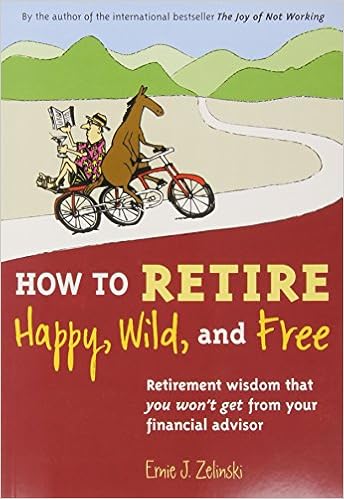by Joseph Casciani
The “Aging Workforce”
According to the Department of Labor Statistics, last year nearly 20% of Americans over the age of 65 were either working or were looking for work. For many reasons, we are seeing a rising share of Americans forgo retirement and continue working. Even only 20 years ago, fewer than 12% of those 65 and over were working or looking for work. And when asked their opinions on this trend, a majority of seniors say this is a good thing, both for the workers themselves and more importantly, for the economy. Not surprisingly, though, if you are younger, your opinion is likely to be just the opposite. In a recent poll by the Associated Press, the view of those who are under 50 is that the aging workforce is a negative development. In fact, about one-third of those under age 50 believe that the aging workforce has negative implications for their own careers.
Are older workers restraining the economic momentum by remaining in the workforce? If so, this would represent the typical zero-sum game: if older workers are on the job, then younger workers are being prevented from getting the job. Maybe it’s these older workers who are to blame for inequality, job displacement and other economic problems. Experts say different, however. One economist at Moody’s Analytics says that although the growing population of older workers can hamper wage growth, there is little evidence that seniors on the job are crowding younger workers out of promotions or advancement. Then there is the stereotype that among the graying workforce, we would expect to find employees who are less efficient, or less effective on the job, more prone to mistakes or even slower to adapt to change. These are common stereotypes about aging that have no basis in economic reality. Such stereotypes also overlook the fact that more seniors who work are also more seniors who spend, and this spending adds to the economy, bringing more jobs and more opportunities.
WHY ARE WE WORKING LONGER?
The interesting question is why older adults are working longer and putting off retirement into later years. The obvious answer is for extra income. These post-retirement age individuals may not want to rely solely on Social Security. Are people holding out for better pensions? Are they remaining in the workforce just to stay above water, or maintain their current lifestyles? Or, could the reason be that many older workers just want to stay connected with others, to stay committed to activities that provide meaning and purpose, and to be able to wake up each morning and ask, “What is my goal for today – what do I want to accomplish?” True, extra cash and steady income are nice. But, we know from research about the Blue Zones, the legendary areas around the globe known for their high percentage of centenarians, that commitment and purpose are equally important to successful aging and longevity as the ability to pay the bills or make deposits to a savings account.
So, stay on the job, find a new one, make your presence known in your place of work, and dismiss for others the erroneous belief that your position is holding back your younger counterparts. The Members of the Living to 100 Club have the same mindset – re-thinking traditional, stereotyped views about getting older, and throwing off the limitations that we put on “older” adults. Like we say, living to 100 is only a metaphor for pushing ahead.
RECOMMENDED
Working Longer: The Solution to the Retirement Income Challenge

Launch Your Encore: Finding Adventure and Purpose Later in Life

Purposeful Retirement: How to Bring Happiness and Meaning to Your Retirement

How to Retire Happy, Wild, and Free

FEATURED PRODUCTS IN OUR STORE
Portable Blood Pressure and Finger Pulse Oximeter

LED Digital Weight Bathroom Balance







